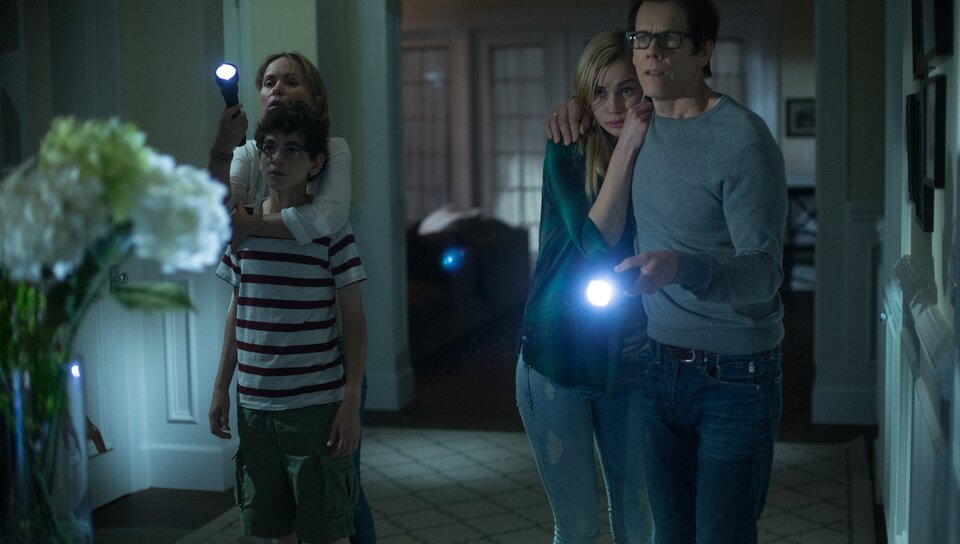Shane Black’s hardboiled comedy “The Nice Guys” uses its
1970s Los Angeles setting to mirror the disillusionment of its masculine
archetypes and to highlight a turning point in which people no-longer trusted
their politicians. It also happens to be an amiable buddy caper in the tradition
of Black’s similar screenplays such as “Kiss Kiss Bang Bang,” “The Last Boy
Scout” and “Lethal Weapon.”
Russell Crowe plays Jackson Healy, a world-weary heavy for hire
who’s looking to protect a young girl gone missing named Amelia. On his trek to
punch out the seedy men who’re following her, he runs into Ryan Gosling as
Holland March, a hapless private eye who’s been hired by an elderly woman,
looking for a dead porn star who happens to resemble Healy’s client. When the
two realize they have a common goal they decide to team up to find out what the
connection is between their missing girl, city-wide scandal involving the adult
film industry, the police, a dangerous group of hitmen and the LAPD. Holland’s precocious
pre-teen daughter Holly tags along and turns out to be much more useful than
the duo would have originally assumed.
Like other jokey private-eye mysteries, “The Nice Guys” uses
common Raymond Chandler tropes such as too many characters, convoluted plots
and multiple red-herrings and turns them into intentional aspects of the
comedy. Similar to the Coen brother’s “The Big Lebowski” or Paul Thomas
Anderson’s adaptation of “Inherent Vice,” the plot is not the point, but merely
a structure to support the characters, the larger themes and comedy set-pieces.
Though not as idiosyncratic and instantly quotable as Lebowski or as ponderous
and heady as “Inherent Vice,” Shane’s take on this kind of material is peppy and
littered with his writerly fetishes.
The pairing of Crowe and Gosling never quite gels as the
unlikely comedy duo we never knew we wanted but individually they are both good
enough to carry the movie, even as their chemistry is obscured by their natural
interiority as actors. Both of them are one hundred percent committed to the
interpretation of their roles and they both do stellar work—Crowe in particular
is better here than we have seen from him in a while—but in scenes where they
are meant to exchange quick banter and snappy conversational dialogue, rather
than acting off of each other they seem to be acting next to each other.
Angourie Rice as the young Holly surprisingly becomes the glue that holds them
together and becomes the heart of the film, symbolizing the moral center of
this story about bottomless corruption and impotent protest.
Despite its muffled impact as a comedy, by the end I was
romanced by the film’s thematic goals and was eventually invested in the lives
of its characters. “The Nice Guys” is
not as fresh or vibrant as the movies it will remind you of—particularly those
in Black’s filmography—but it’s confidently made and a good time at the theater
nonetheless. The 70s production design is effective and immersive and there’s
enough hardy chuckles to justify its failings.
Grade: B-
Originally published in the Idaho State Journal/May-2016



